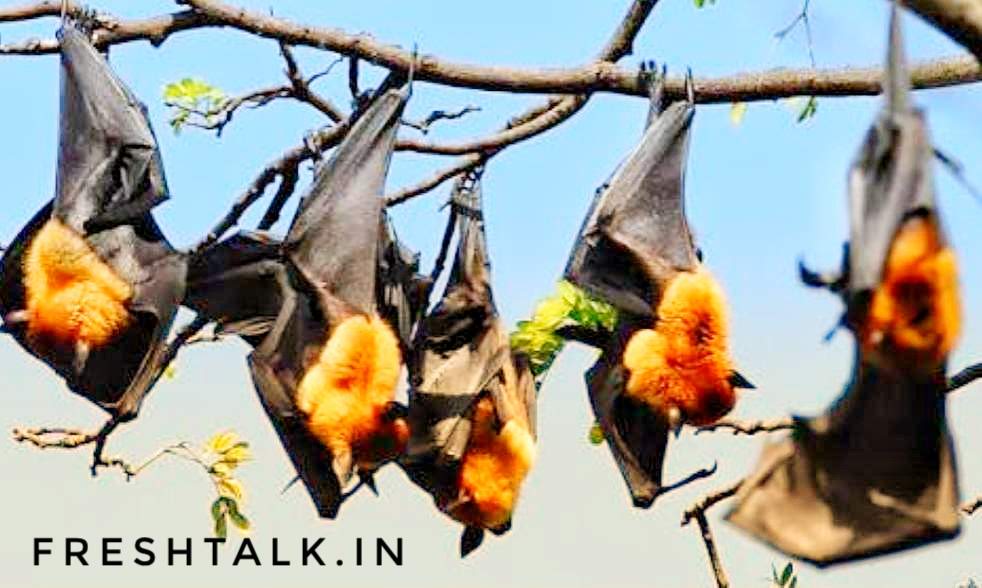A study by the Indian Council of Medical Research (ICMR) have come across a disparate kind of coronavirus – bat coronavirus (BtCoV) – in two species of bats from four states of India namely Kerala, Himachal Pradesh, Puducherry and Tamil Nadu. The study has been conducted in an association with the National Institute of Virology, Pune and published in the Indian Journal of Medical Research.
Dr. Pragya D Yadav, scientist at NIV, claimed that no evidences till now have confirmed that the BtCoV is related to SARS-CoV2 which has affected the humans and resulted in the COVID-19 pandemic. Though it’s too early to negate this possibility.
The scientists have collected specimens between 2018-2019 from the forests of Kerala, Karnataka, Tamil Nadu, Himachal Pradesh, Punjab, Gujarat, Odisha, Telangana, Chandigarh and Puducherry as these have been recognised as the roosting sites of bats. With the prior permission from the wildlife department of these states, they confined bats and gathered samples of rectal and nasal swabs.
The ICMR-NIV performed their experiment on 508 samples of Indian Flying Fox bats and 78 of Rousettus bats. Out of them, four Rousettus and 21 Flying Fox samples tested positive for the BtCoV.
Among these 25 bats, all the Rousettus belonged to Kerala and the Flying Fox samples that positive were from Kerala (12), Puducherry (6), Himachal Pradesh (2) and Tamil Nadu (1).

The results revealed that only the rectal swab samples tested positive for the virus for both species, while all the nasal swabs gave a negative test. The findings were confirmed on the basis of the “reverse- transcription polymerase chain reaction” (RT- PCR) tests and sequencing. ICMR will continue their research on two more species of the bats.
Bats are regarded to be ingrained with many viruses and some of them are also likely to act as human pathogens. Previously, a trail of Nipah virus was found in the Pteropus medius bats.
Keeping in mind the current scenario, researchers have turned their spotlight on the need of proactive surveillance of zoonotic infections in bats.

